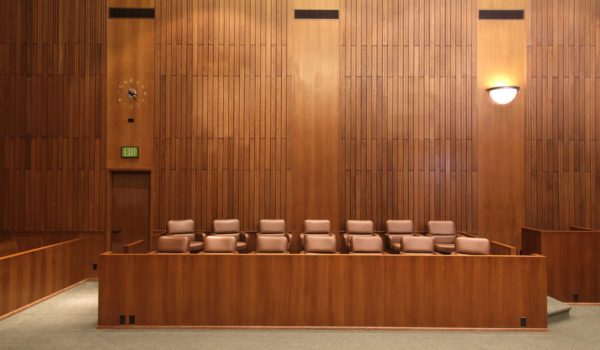The Kentucky Supreme Court’s recent decision in Primal Vantage Company, Inc. v. Kevin O’Bryan, et al., Case No. 2020-SC-0247 (August 18, 2022), modified on reh’g, Case No. 2021-SC-0064 (August 24, 2023), clarified multiple product liability issues in favor of manufacturers. The unanimous opinion vacated a $18.2 million jury verdict and remanded the case for a new trial under clarified standards limiting the plaintiffs’ ability to prejudice a jury with irrelevant evidence.
The case involved a plaintiff’s catastrophic injuries sustained in a fall from a hunting treestand manufactured by Primal Vantage. Inadmissible evidence permeated the 2017 trial, resulting in an $18.2 million jury verdict against the manufacturer, with 50% fault apportioned to the plaintiff. Originally vacating the verdict in 2022, the Kentucky Supreme Court took the unusual step of granting rehearing and holding a second oral argument to reconsider the issues. The Supreme Court’s modified opinion confirmed the prior holding vacating the judgment while providing stronger language for manufacturers on multiple product liability issues.
First, the Supreme Court emphasized a trial judge’s role as the “evidentiary gatekeeper” to ensure that only admissible evidence is presented to a jury. In the context of this case, the admissibility issue focused on 78 other treestand incidents on which the plaintiff’s case was based.
The Supreme Court held that preliminary admissibility determinations are “undoubtedly necessary” for other-incidents evidence. In this case, the 78 other incidents “permeated the entire two-week trial,” starting with opening statements and continuing through eight different witnesses. The Supreme Court concluded that
the trial court abandoned its role as evidentiary gatekeeper and abused its discretion by allowing the jury to hear a wealth of other-incidents evidence before ultimately ruling that evidence inadmissible near the end of trial.
Second, the Supreme Court clarified that a design defect claim requires proof of “an alternative, safer design that is practical under the relevant circumstances.” In so doing, the Supreme Court rejected various purported alternative designs suggested by the plaintiff, finding that those options were not safer, not feasible, or nonexistent when this treestand was manufactured.
Finally, the Supreme Court’s opinion also clarified Kentucky law related to failure-to-warn claims. Considering whether it was proper to instruct a jury on “overlapping” negligence and strict liability theories on a failure-to-warn claim, the Supreme Court held that two instructions were permissible and distinguished the two theories because negligence focuses on the manufacturer’s conduct, while strict liability focuses on the product’s condition. And while affirming the directed verdict for the manufacturer on the design defect claim, the Supreme Court held that the lack of a design or manufacturing defect did not preclude a strict liability failure-to-warn instruction premised on a product defect:
[F]or the purposes of strict liability underlying a failure-to-warn claim, a product may still be ‘defective’ even if the product does not have a design defect.
This decision further strengthens manufacturers’ abilities to defend claims by confirming the requirement that trial judges make preliminary determinations of substantial similarity before a jury can hear about any other incidents involving the product. The decision also clarifies Kentucky’s legal standards for failure-to-warn and design defect claims, creating precedent to help focus the defense of all products in litigation.
For more information about this decision or questions about the implications for manufacturers facing product claims, please contact Griffin Terry Sumner or Casey Wood Hensley, who represented the manufacturer in this case, or any attorney in Frost Brown Todd’s Product Liability and Appellate practices.

